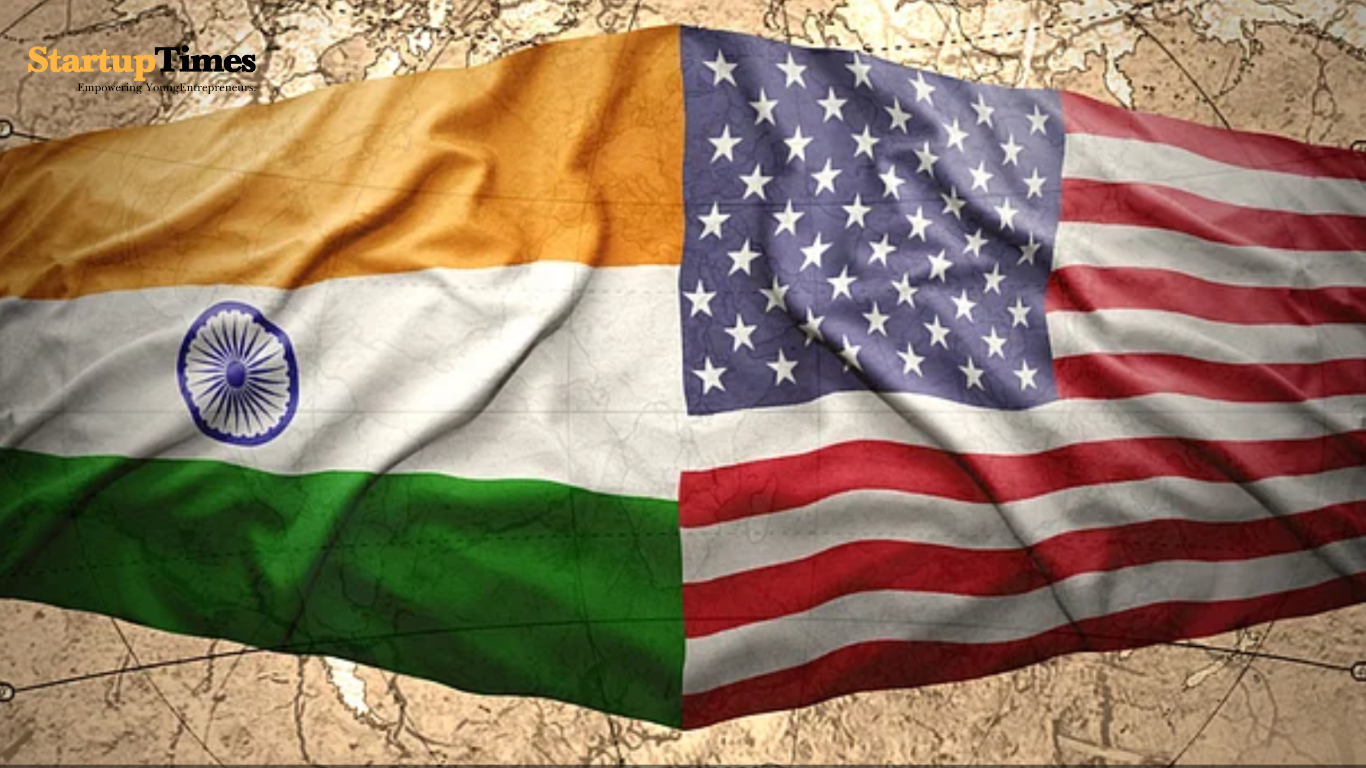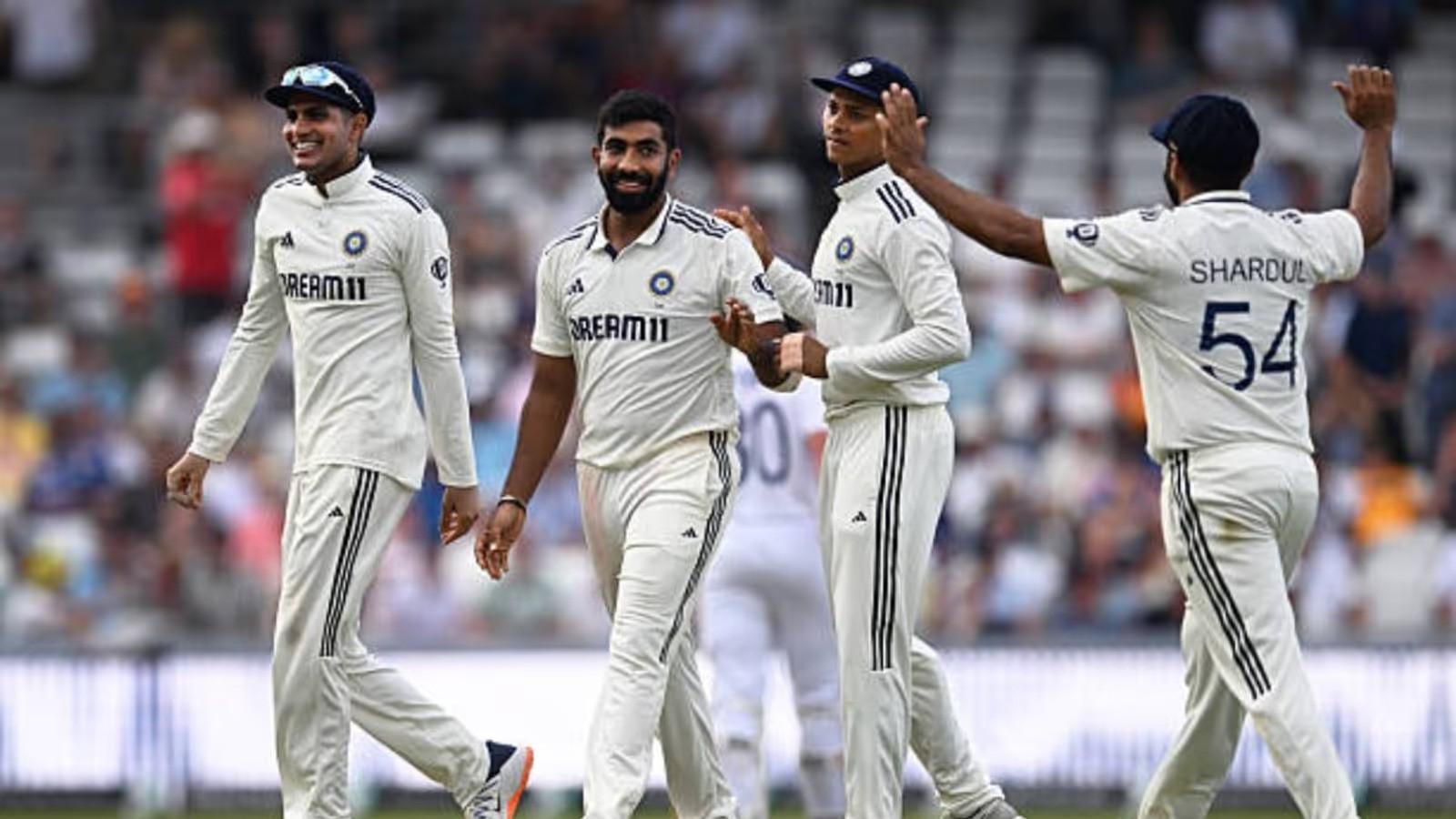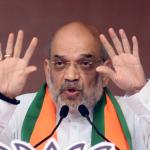India is reportedly on the cusp of finalizing a limited trade agreement with the United States, as the extended deadline for the Trump administration's reciprocal tariffs, now set for August 1, looms large. While President Donald Trump expressed optimism about an impending deal, the Global Trade Research Initiative (GTRI) has issued a word of caution, emphasizing the need for New Delhi to secure a truly balanced agreement that safeguards its economic interests against the US's assertive trade tactics.
President Trump, on Monday, announced that the US is "very close" to concluding a trade pact with India, following finalized agreements with the United Kingdom and Vietnam.This comes as the US has intensified pressure on numerous trading partners, sending formal tariff letters to 14 countries, outlining substantial new duties that will come into effect from August 1 if no deal is reached. India, however, was notably absent from this list of immediate recipients, suggesting that a deal is indeed imminent.
The initial April 2 order by the Trump administration had imposed a 26% reciprocal tariff on Indian goods, which was later temporarily reduced to 10% until the July 9 deadline, now extended to August 1. This extension provides a crucial three-week window for India to finalize the "mini-deal" and avert the higher tariffs.
According to officials, the ongoing discussions for this interim trade agreement are focused on trade in goods, with sensitive sectors like dairy and agriculture largely expected to be excluded from this initial phase. India has reportedly drawn its "red lines" on these critical areas, refusing to compromise on market access for US agricultural and dairy products, citing concerns for its vast farming population and food security.The US, conversely, has been pressing for greater access for its agricultural exports, including genetically modified (GM) crops and cattle feed, a point of significant contention for India due to cultural, health, and economic implications.
The Global Trade Research Initiative (GTRI) has strongly advised India to tread carefully. Ajay Srivastava, founder of GTRI, remarked that Trump's approach is not a typical free trade agreement but rather a "YATRA — Yielding to American Tariff Retaliation Agreement."GTRI warns that while a deal might prevent the immediate imposition of higher tariffs, there is no guarantee against future unilateral tariff increases from the US, given the unpredictable nature of its trade policy.
Key sticking points in the negotiations, as highlighted by GTRI and other reports, include India's push for tariff reductions and enhanced market access in the US for its labor-intensive sectors such as textiles, apparel, gems and jewelry.The US, meanwhile, seeks concessions on duties for industrial products, including automobiles, and simplified regulatory processes for its food and agricultural exports.
GTRI has also raised specific concerns about the potential inclusion of GM agricultural products, even as feed materials.They warn that allowing such imports could lead to cross-contamination within India's fragmented agricultural supply chain, jeopardizing its GMO-free status and potentially harming its agri-export competitiveness, particularly in the discerning European market.
As the August 1 deadline approaches, Indian negotiators, who recently returned from extended talks in Washington, remain committed to securing a mutually beneficial pact.Union Minister of Commerce Piyush Goyal has reiterated that India will not sign any agreement under an external "deadline" and will only proceed with a deal that is thoroughly finalized and unequivocally in the country's interest. The current negotiations represent a delicate balance between securing immediate tariff relief and safeguarding long-term strategic and economic independence for India in the global trade arena.










